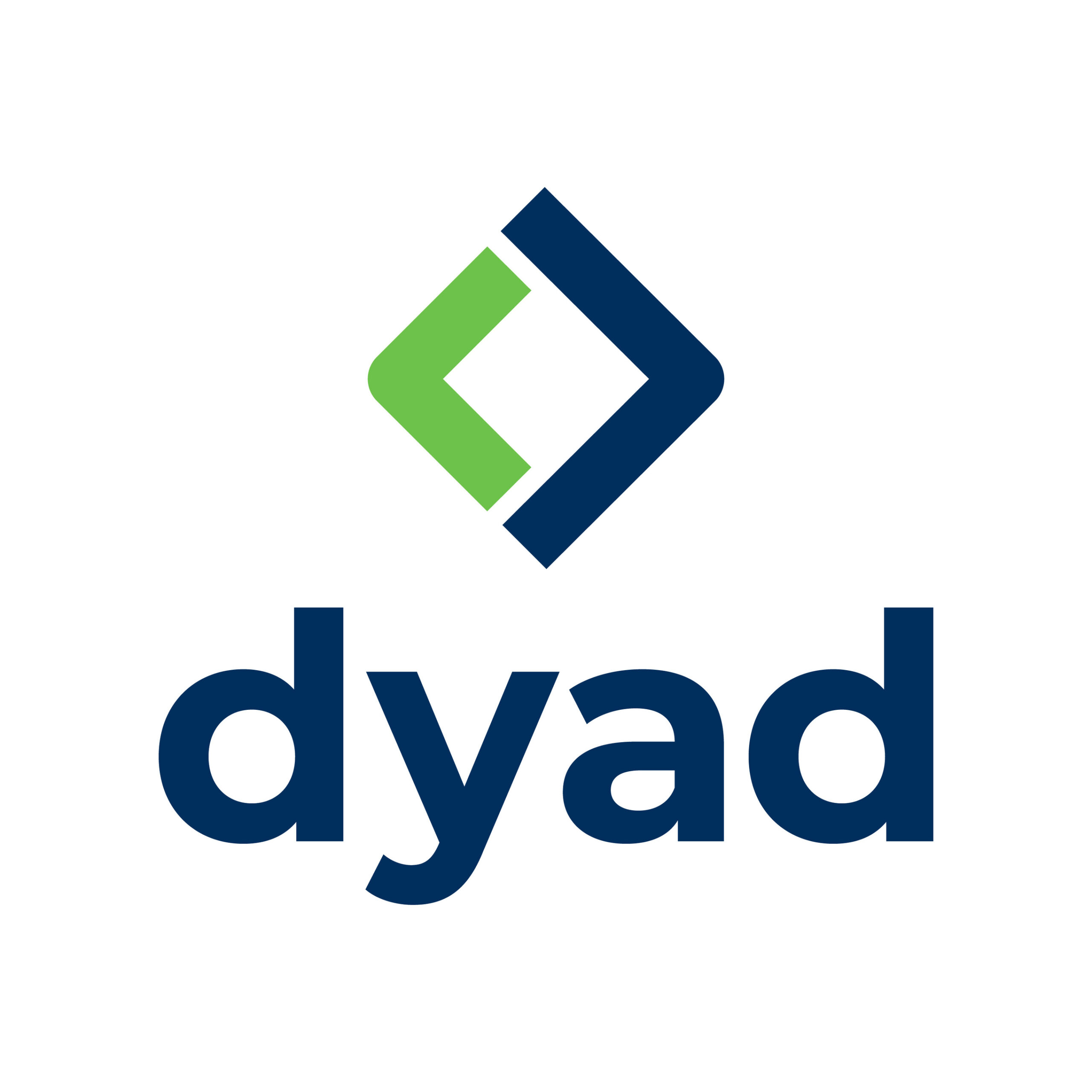Encourage Saving
If you’ve already set up a savings account for your teen, now’s the perfect time to help them start using it with purpose. Talk to them about saving a portion of their pocket money, birthday money, or wages from a part-time job.
It doesn’t have to be a huge amount; just getting into the habit matters. Help them think about short-term goals, like saving for an evening out at the cinema with friends or a concert, and longer-term goals like college or driving lessons. When they see their money growing and actually getting them something they want, saving starts to make sense—and even feels pretty rewarding.
Discuss the Difference: Need or Want?
One of the easiest—and most valuable—money lessons you can share with your teen is how to tell the difference between needs and wants. Keep it relatable with examples they understand: they need things like school supplies or bus fare, but they also want things like the latest trainers or a Friday night takeaway.
This isn’t about cutting out all the fun stuff—it’s about helping them see what comes first. Encourage them to pause before spending and ask, “Do I actually need this, or do I just want it right now?” It’s a simple habit that can lead to smarter choices and better money habits down the line.
Involve Them in Financial Decisions
Including your teen in everyday money decisions is a great way to build their confidence and money skills. Whether you’re planning a weekend away, shopping for a new appliance, or setting a monthly budget, let them see how it all works.
Talk through your choices—why you’re picking one option over another, what things cost, and how you’re staying within budget. It gives them a real feel for how to manage money in the real world, and shows them that financial planning isn’t just for adults—it’s something they can do too.
Give Them Real-Life Experience
Nothing beats hands-on learning. If your teen gets pocket money, a part-time job, or birthday cash, encourage them to manage it themselves—but with some gentle guidance. You might try:
The 50/30/20 Method: Teach them to divide any money they receive into saving, spending, and investing.
- 50% Saving – For future goals like a car, college, or something big they really want.
- 30% Spending – For fun stuff now—like going to the cinema, grabbing food with friends, or buying something small they’ve had their eye on.
- 20% Learning/Investing – This can be used to grow their money (in a junior savings account or by learning about investing if they’re older) or saved for when something unexpected comes up.
You can adjust the percentages to suit your teen’s situation. The key is helping them see that not every euro should be spent right away—and that saving and planning give them more freedom in the future.
Let them shop for back-to-school or Christmas gifts with a set budget. It’s a safe and practical way to teach prioritising and smart spending.
Talk About Debt Early
Your teen may not have a credit card yet, but they will eventually. Explaining how credit works, what interest means, and how buy-now, pay-later services can lead to debt is a key lesson.
Use relatable comparisons—like how paying interest is like buying a pair of trainers but having to pay for it twice. That usually gets their attention.
Teach the Value of Long-Term Goals
Helping your teen save for something big—like a holiday after the Leaving Cert, their first car, or even a future mortgage—teaches them important life skills, such as patience, discipline, and goal-setting.
It also shows them that good things take time (and planning). To encourage the habit, you can offer to match their savings—for example, “Save €100 and I’ll add €25.” It gives them extra motivation and makes the goal feel more achievable.
And if you’d like to give them a little boost, parents in Ireland can gift up to €3,000 a year tax-free. It’s a great way to help with things like college costs or saving for a mortgage deposit, which leads us perfectly into the next topic…
Explain How Taxes Work
If they’re working part-time, chances are they’re seeing deductions on their payslips. Explain where that money goes and why it’s important to manage earnings after tax.
Explain to your teen that if they earn €100 from a weekend job, although they might expect to get the full €100 when they check their payslip, they only get €90. That missing €10? That’s tax. It goes toward things like hospitals, schools, and public transport.
But the good part is if they didn’t earn much that year, they might have paid too much tax, and can claim some of it back on Revenue.ie. That could mean free money back in their pocket!
Lead by Example
Teens might act like they’re not listening, but they’re always watching. They learn more from what we do than what we say. So if you’re openly budgeting, saving, and talking about your financial goals (and yes, even the mistakes), you’re showing them that managing money is something we all work on—no one has it all figured out straight away.
Let them see how you plan for things like retirement, why you have life cover or income protection, and how sticking to a budget helps you reach your goals. It shows them that financial planning isn’t just talk—it actually works.
Publisher: Source link











